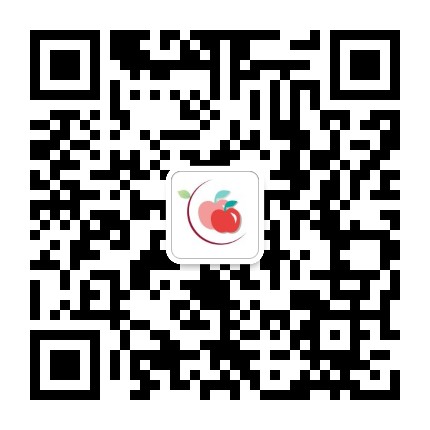Introduction to iOS Signing
iOS signing is a critical aspect of iOS app development that ensures that the apps being installed on a user’s device are verified to come from trusted sources. The process involves generating unique certificates and signing identities that are tied to each developer’s account to sign the apps. In this article, we’ll dive into everything you need to know about Apple code signing, iOS signing, and enterprise signing.
What is Code Signing?
Code signing is the process of digitally signing code to verify the identity of the developer and ensure that the code has not been tampered with. In iOS development, code signing ensures that the app is coming from a known and trusted source. The signature is generated using a private key and can be verified using the corresponding public key. When a user installs an app, iOS checks if the code signature matches with the signing identity registered with that app.
Why is Code Signing Important?
Code signing is important to ensure the authenticity and integrity of an app and helps safeguard against malware or tampering. Without code signing, third parties could potentially distribute their own versions of the app with malicious intent. Moreover, Apple requires all iOS apps distributed through the App Store or through enterprise channels to be signed and verified using the Apple code signing process.
Apple Code Signing
The Apple code signing process involves creating a distribution certificate, creating a provisioning profile, and signing the app using the signing identity. To start with, a developer must generate a distribution certificate from the Apple Developer Portal, which can be used by the developer to sign all future apps. The next step is to create a provisioning profile, which specifies which devices are allowed to run the app and what level of permissions the app has. Finally, the app is signed using the signing identity, and the provisioning profile is included in the app bundle.

iOS Signing
iOS signing refers to the process of code signing iOS apps for distribution through the App Store. Apple requires all apps distributed through the App Store to be signed using the Apple code signing process. When an app is submitted to the App Store, it goes through a review process to ensure that it meets Apple’s App Store Guidelines. One of the requirements is that the app is signed with a valid distribution certificate and provisioning profile.
Enterprise Signing
Enterprise signing applies to apps distributed through enterprise channels, outside of the App Store. Enterprises can use their own iOS Developer Enterprise Program account to distribute iOS apps to their employees internally, without going through the App Store review process. In this case, the enterprise signing process involves using an enterprise distribution certificate, creating an enterprise provisioning profile, and signing the app using the signing identity.
Conclusion
iOS signing is a critical aspect of iOS app development that ensures that apps are trusted and legitimate from known sources. Apple code signing, iOS signing, and enterprise signing all play a crucial role in the process, and it’s important to understand each of them to ensure successful app distribution. With a solid understanding of iOS signing, developers can create secure and reliable apps for their users.



